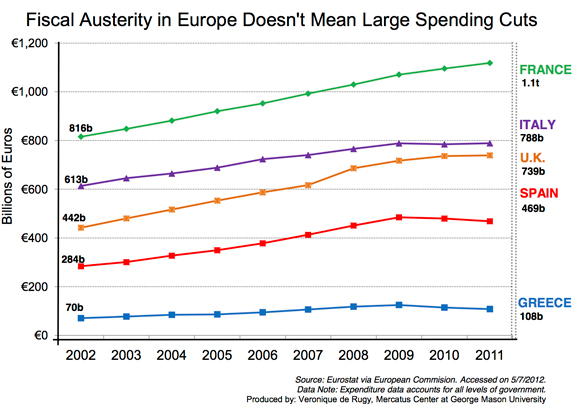Cory Doctorow in the Guardian on the current state of “nerd politics:
In the aftermath of the Sopa fight, as top Eurocrats are declaring the imminent demise of Acta, as the Trans-Pacific Partnership begins to founder, as the German Pirate party takes seats in a third German regional election, it’s worth taking stock of “nerd politics” and see where we’ve been and where we’re headed.
Since the earliest days of the information wars, people who care about freedom and technology have struggled with two ideological traps: nerd determinism and nerd fatalism. Both are dangerously attractive to people who love technology.
In “nerd determinism,” technologists dismiss dangerous and stupid political, legal and regulatory proposals on the grounds that they are technologically infeasible. Geeks who care about privacy dismiss broad wiretapping laws, easy lawful interception standards, and other networked surveillance on the grounds that they themselves can evade this surveillance. For example, US and EU police agencies demand that network carriers include backdoors for criminal investigations, and geeks snort derisively and say that none of that will work on smart people who use good cryptography in their email and web sessions.
But, while it’s true that geeks can get around this sort of thing — and other bad network policies, such as network-level censorship, or vendor locks on our tablets, phones, consoles, and computers — this isn’t enough to protect us, let alone the world. It doesn’t matter how good your email provider is, or how secure your messages are, if 95% of the people you correspond with use a free webmail service with a lawful interception backdoor, and if none of those people can figure out how to use crypto, then nearly all your email will be within reach of spooks and control-freaks and cops on fishing expeditions.
[. . .]
If people who understand technology don’t claim positions that defend the positive uses of technology, if we don’t operate within the realm of traditional power and politics, if we don’t speak out for the rights of our technically unsophisticated friends and neighbours, then we will also be lost. Technology lets us organise and work together in new ways, and to build new kinds of institutions and groups, but these will always be in the wider world, not above it.




